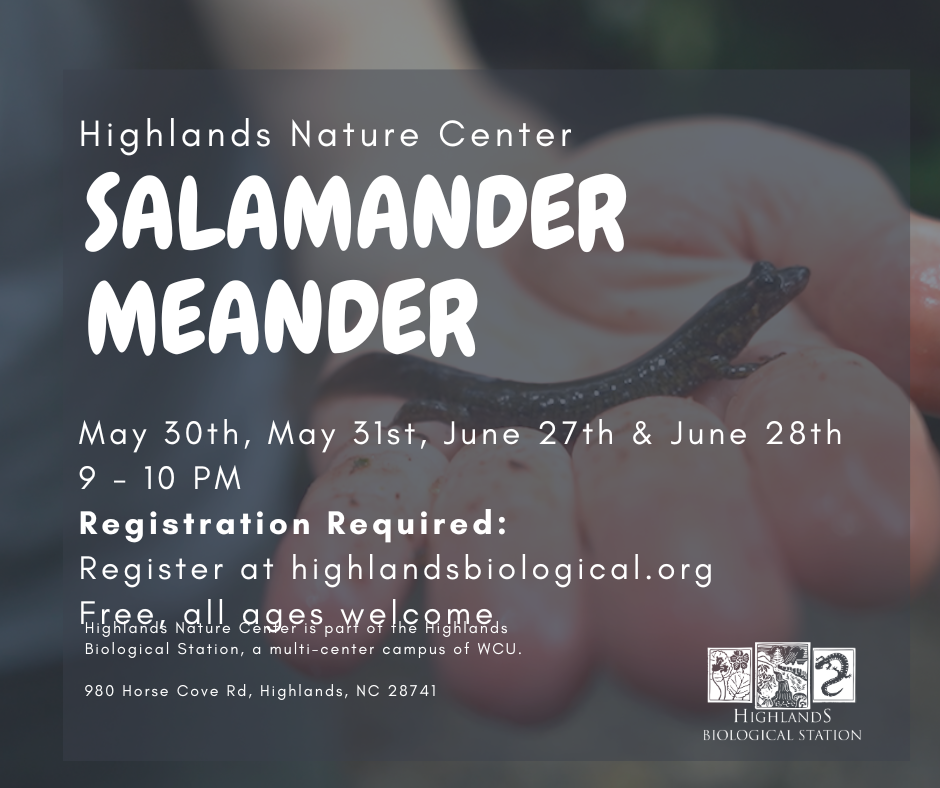Events for June 27, 2023
Field to Database: Collecting Biodiversity Data in the Age of Global Databases
Instructor: Dr. Joey Shaw (UT-Chattanooga) *Note course runs Sunday-Thursday* During this course, students will obtain a comprehensive understanding of how biological collections are made in the field and eventually uploaded to national and international data portals, like iDigBio or GBIF. We will help you to download and install important helpful apps and teach you how to use them in series to go from field to data portal. Students will leave the course having collected Plantae specimens, made labels, mounted specimens, and uploaded digital data to global portals. In addition to teaching and focusing on these skills, I can also help you key out and identify plant species that you might encounter and want to collect in the field, although you should have some cursory skills. Pre-requisites: This course is designed for young professionals who will be making biological collections of plants or fungi (professors, conservation workers, graduate students, undergraduate students, and naturalists), although it is open to others with an interest in this subject. No previous experience is required. Depending on the different field trips, participants should be prepared to put in at least a couple of 12-hour days. It would be great if you have had at least a class in Field Botany, Plant Taxonomy, Local Flora, or similar, but that is not necessary either. Course Outcome: Leave having collected and digitized Plantae specimens, including labels, transcribed text data & images. For more information, visit https://highlandsbiological.org/summer-2023-academic-courses/.
Conservation Genetics of Salamanders
Instructor: Dr. JJ Apodaca (Tangled Bank Conservation) The field of conservation genetics is rapidly emerging as an exceedingly vital component of conservation biology. This course focuses on salamanders to explore the fundamentals, cutting edge techniques, theories, and issues surrounding conservation genetics. Salamanders are one of the most endangered vertebrate groups in the world and are extremely diverse in the southern Appalachians, making them an ideal focal group for an introduction to the world of conservation genetics. In this short course, participants will become familiar with how to design, carry out, and interpret a conservation genetic study. We will also focus on learning to identify, work with, and appreciate the local salamander diversity. Participants will become acquainted with commonly used laboratory techniques and current literature pertaining to the conservation genetics of salamanders. This course is designed for students and others interested in working in the field of wildlife management that want to learn more about conservation genetics. Pre-requisites: Introductory biology, ecology, or permission of instructor. For more information, visit https://highlandsbiological.org/summer-2023-academic-courses/.

Salamander Meander
June 27th (Register HERE) 9 - 10 PM FREE, all ages welcome Registration required Search for salamanders in the Botanical Garden! Discover strange and fascinating facts about our slimy amphibian friends, then join naturalists on a walk through the gardens to find local species. Please bring a flashlight for this adventure! This program is weather-dependent.

Recent Comments